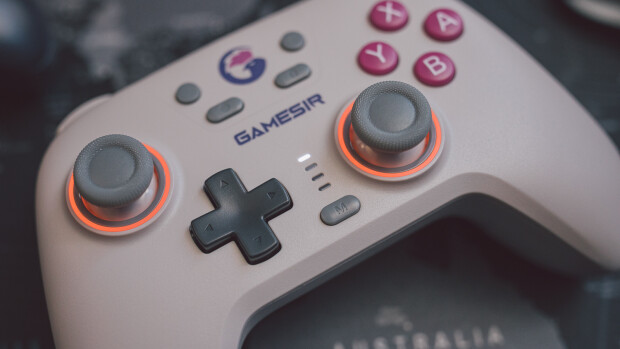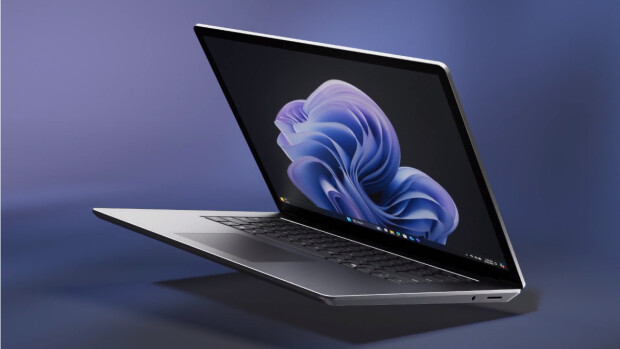_story.jpg)
Today at its Galaxy Unpacked event in Brooklyn, Samsung announced the Galaxy Book S, its newest laptop. What makes this laptop compelling though is that it uses Qualcomm's new Snapdragon 8cx Mobile PC Platform, a chipset that's promised to be on par with an Intel Core i5 in terms of performance.
With the Snapdragon 8cx, Samsung is promising 40% better CPU performance and 80% better GPU performance than the Snapdragon 850-powered Galaxy Book2. And while it has the performance, the PC still comes without a fan.
"The Snapdragon 8cx chipset ushers in a new era of always on, always connected devices that empower you to work, multitask and play with ease almost anywhere," said Steve Mollenkopf, CEO of Qualcomm Incorporated. "We refused to compromise peak performance for battery life and instead combined the two to create a powerful device experience that offers premium mobile computing capabilities alongside a smartphone’s mobility and connectivity."
Interestingly, the Galaxy Book S is not a convertible, a first for Windows on ARM. It does support 10-point multitouch though. As is the promise with all ARM PCs, it should get excellent battery life, with Samsung promising up to 23 hours of video playback.
It also has a 13.3-inch 1080p TFT display, so Samsung isn't sticking with the Super AMOLED option that it used in the Galaxy Book2. It weighs in at just 0.96kg, and it's just 11.8mm thin at its thickest point. It has 8GB LPDDR4X RAM, and either 256GB or 512GB of storage. And like all Snapdragon chipsets, it has 4G LTE built into it for Cat 18 gigabit cellular speeds.
The Samsung Galaxy Book S will come in Earthly Gold and Mercury Gray this September, starting at $999 from Samsung.com and Verizon.

















10 Comments - Add comment